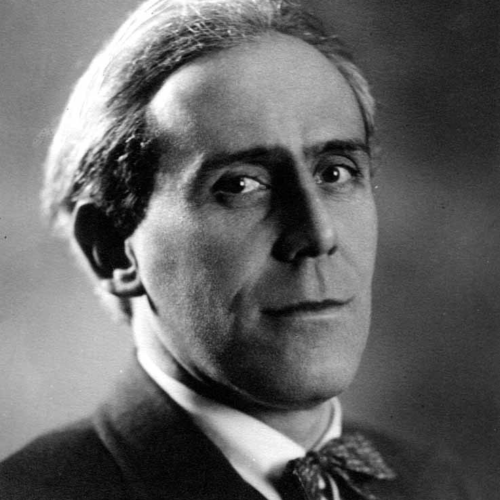
Emil Gumbel was a Jewish professor whose investigation of political murders in 1920’s Germany exposed the political power of the Nazi movement at a time when few understood the growing danger.
Born in 1891 to a Jewish German family, Emil attended the University of Munich and became Professor of Mathematical Statistics at the University of Heidelberg. After the chaos of World War I, Emil became a prominent pacifist. In 1921, a friend of Emil’s was the victim of a politically-motivated murder. Emil attended every day of the ensuing trial, and was shocked to see the judge completely ignore strong evidence that Nazi brownshirts had murdered his friend.
Seeking to learn if this institutional disregard for truth and justice was common in Weimar Germany, Emil conducted a series of studies on political murders. The results were startling: the vast majority of political murders were committed by Nazis, but those murders were rarely investigated, much less prosecuted. Nazis were literally getting away with murder in a supposedly free, democratic society.
After publishing the damning statistics which proved secret military alliances between Weimar leaders and the burgeoning Nazi movement, Emil was arrested and charged with treason. However, because all he’d done was compile proven facts, the charge did not hold up in court. Undeterred by the malicious prosecution, Emil continued to speak out against the growing power of the Nazi party in Germany.
In 1924, Emil gave a speech at the German Peace Society, marking the 10th anniversary of the beginning of World War I. He criticized German military actions which led to 700,000 people dying of hunger in 1916-17, and spoke of a “Field of Dishonor.” Two Nazi spies in the audience reported Emil for his supposedly traitorous words, leading to him being fired and sent into exile. Emil Gumbel was the first German scientist on the Nazi “expatriation list.”
Emil moved to France, where he taught in Paris and Lyon until the Nazis invaded in 1940. Forced to flee a second time, Emil moved to New York, where he taught at Columbia University and became well-known for his applications in extreme value theory. One of his most famous observations is, “It’s impossible that the improbable will never happen.”
Emil’s groundbreaking 1920’s work made him a pioneer of modern data journalism, and many of his findings from that time are only now being discovered and understood.
For his bravery in telling the truth about the growing Nazi threat before Hitler came to power, we honor Emil Gumbel as this week’s Thursday Hero.
Get the best of Accidental Talmudist in your inbox: sign up for our weekly newsletter.
With thanks to Diana Maltsman